Evaluation of the Space Industry’s Impact on the Israeli Economy
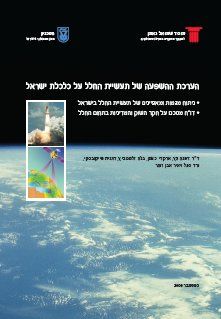
This project was operating under the auspices of the Samuel Neaman Institute and the Economics of National Security (ENS) Program. Its goal was to map the interconnections between Israel’s academy, its national defense system and the industry in light of the country’s growth and position in space industry and in space technology. In the framework […]
VC Policy: Moving from a Financial Perspective towards a Systemic and Evolutionary Framework (STE-WP-42)
Many VC policies in Europe up to and including the 1990s took a financial view of VC that focused on bridging financial gaps rather than creating of a new mechanism to assure the emergence of higher forms of organization, such as a cluster or a market. Following the weak impact of some of these policies, […]
Adaptation Processes and Consumer Behavior Under Uncertainty Security Conditions
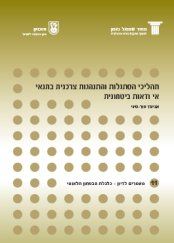
Towards the end of the fall of 2000, terrorism began to strike the State of Israel again. It upset everyday life and prevented normal routine. However, according to Kirschenbaum (2005), if a society does not adopt a “survival strategy” it is likely to fall apart without its having the ability to rehabilitate itself in the […]
Evaluation of the Space Industry’s Impact on the Israeli Economy
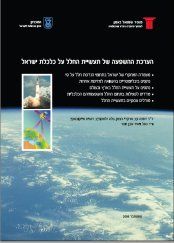
The publication includes 4 reports from the first phase of a project, which was conducted under the auspices of the Samuel Neaman Institute in the framework of the “Economics of National Security” (ENS) Research Program and was partly funded by the Ministry of Defense. The purpose of the project is to map out the interconnections […]
An Evaluation of Strategic Arms Limitation Agreements Model, with an Application to the Israeli-Syrian Conflict
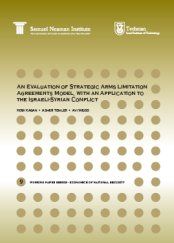
This study evaluates the order of magnitude of the monetary cost of achieving an international strategic terror weapons (TWP) limitation agreement in an asymmetric arms race, with an application to the Israeli-Syrian conflict. It extends the Kagan, Tishler and Weiss (2005) framework and develops a model of resource allocation between consumption and security goods in […]
Israel 2028 – Vision and Strategy for Economy and Society in a Global World

This project was initiated and supported by the US Israel Commission of Science and Technology (USISTC). It was managed by a public committee, and carried out over 2 years by some 60 researchers and a significant portion of it was done at the Samuel Neaman Institute. The report was submitted to the Prime Minister who […]
Together but Apart: ICT and Productivity Growth in Israel (STE-WP-41)
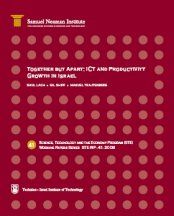
There is broad consensus regarding the significant role of Information and Communication Technology (ICT) in the past decade, both in the renewal of labor productivity growth in the U.S. and in the development of this productivity gap between the U.S. and the European Union. Israel’s high-tech sector, which is mostly engaged in ICT production, grew […]
Privatization in Higher Education
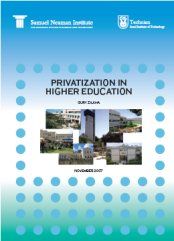
The private higher education sector has emerged gradually in recent years. This evolution occurred alongside the rapid growth in the demand for academic studies and degrees. Public support for higher education has severely declined in the last two decades due to mass expansion and soaring expense resulting in rapid growth in private higher education in […]
Data and Indicators on Aerospace Engineering, ICT and Biotechnology in Israel
The current report presents data and indicators of three fields of knowledge: Aerospace Engineering, ICT (Information and Communications Technologies), and Biotechnology. The Israeli Aerospace engineering review covers the space plans achievements, the main space institutes, the Aerospace engineering faculty at the Technion, bibliometric data, and military, economy and social aspects of the Israeli space plan. […]
Information and Communication Technology (ICT) Investments in Israel STE-WP-37
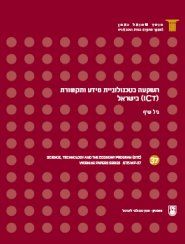
The main goal of this work is to process and analyze first of its kind industry-level ICT-investments data in Israel between 1990 and 2003. This data enables, for the first time, thorough and detailed examination of the ICT investments and usage in Israel. Based on the data analysis and comparisons to parallel international data sources, […]
